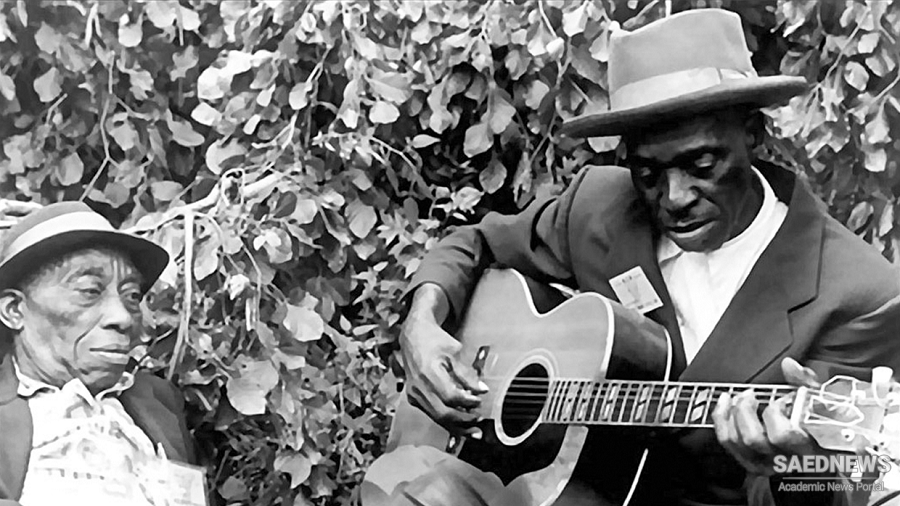When educated Europeans started writing down folk music two hundred years ago, they said the songs were doomed: the old ways will soon be lost, so let’s preserve them. This attitude never dies. People keep thinking that as villagers move to the city and as commercial media spreads across the world, folk music will vanish. The famous folklorist Alan Lomax predicted a vast “cultural gray-out.” But it hasn’t happened. The reason is simple enough: folk music keeps changing and adapting, like so many other aspects of human life, from the family to work to beliefs. Old-time collectors thought that folk music couldn’t survive change because it was fixed, but they were wrong. What they wrote down was not some ancient, permanent “lore,” but what the illiterate farmers and peasants happened to be singing at the time. Some of those songs are still with us, but many more have been added over time. True, the cultural environment, technologies, and possibilities keep shifting, not always for good reasons. The folk are driven by drought and desperation to migrate; they are drawn to cities for work, to serve as recruits for wars they didn’t start, or simply to get on the road for business or family needs.


 Social Status of Folk Music
Social Status of Folk Music














































